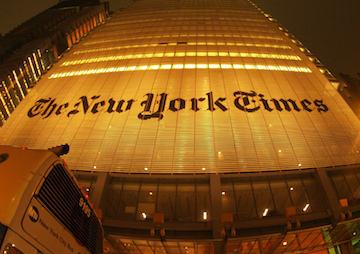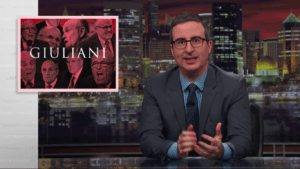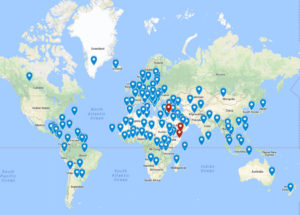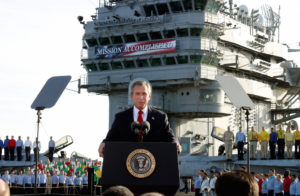The New York Times Vows to Do Better on National Security
Nearly 14 years after its uncritical reporting helped enable the “war on terror,” the paper's public editor Margaret Sullivan admits to a mixed performance on its coverage of all things related to war and security. alextorrenegra / CC BY 2.0
alextorrenegra / CC BY 2.0
Nearly 14 years after its uncritical reporting helped enable the “war on terror,” New York Times public editor Margaret Sullivan admits to a mixed performance on her paper’s coverage of all things related to national security.
“As the nation’s dominant news organization, The Times deserves, and gets, intensive scrutiny for how it has handled [the post 9/11 ‘war on terror’],” Sullivan wrote in The Public Editor’s Journal on May 21. “The grades, clearly, are mixed. Its role in the run-up to the Iraq War has been rightly and harshly criticized. Its early reporting on surveillance, though delayed, was groundbreaking. Its national-security reporting has been excellent in many ways and, at times, is justifiably slammed for allowing too much cover for government officials who want to get their message out.”
Sullivan quotes the Times’ executive editor, Dean Baquet, as saying the paper was “too soft” on the nation’s war-makers “years ago.” He said the paper too readily agreed “to government requests to withhold information.”
Sullivan writes that, “As part of this change of heart, Mr. Baquet recently gave approval to publish the names of three undercover Central Intelligence Agency officials, including that of the architect of its controversial drone program.” The decision was controversial, drawing intense criticism from the CIA. But Baquet stood by his decision in the name of keeping government officials accountable.
In a long passage quoted by Sullivan, Baquet’s decision was supported by the conservative critic Jack Goldsmith:
No one denies that there are good reasons for covertness and secrecy in many cases. And in many such cases, the mainstream media honors those norms (such as by not naming agents who are undercover overseas). But in an era characterized by frequent leaks, seemingly self-serving rolling back of cover, and serial exaggeration of the risks of transparency, abstract arguments for covertness and secrecy are simply not enough when the CIA loses its secret to the press and the press has a plausible argument for publication in a particular, exceptional case. The officials’ reaction to the Times story traded on authority and expertise and implicitly offered a “trust us” rationale rather than making concrete arguments about actual harm. The days in which such general arguments about harm can be effective are gone, and indeed such arguments are now often self-defeating.
Sullivan concludes that “it’s certainly a healthy sign that The Times’s top editor and some of its key reporters are not only grappling with these issues, but are willing to do so publicly.
“In an era in which ‘trust us’—on the part of both the government and the media—hasn’t worked out too well, this discussion couldn’t be more important for American democracy and for We the People.”
The faults admitted to and commitments expressed by Sullivan, Baquet and others at the Times are honorable, if understated. We at Truthdig hope they will live up to their words in the decisive moments ahead, when pressure from government officials to support destructive policies in times of crisis will surely be high. When that time comes, have Sullivan’s column ready.
— Posted by Alexander Reed Kelly.
Your support matters…Independent journalism is under threat and overshadowed by heavily funded mainstream media.
You can help level the playing field. Become a member.
Your tax-deductible contribution keeps us digging beneath the headlines to give you thought-provoking, investigative reporting and analysis that unearths what's really happening- without compromise.
Give today to support our courageous, independent journalists.






You need to be a supporter to comment.
There are currently no responses to this article.
Be the first to respond.